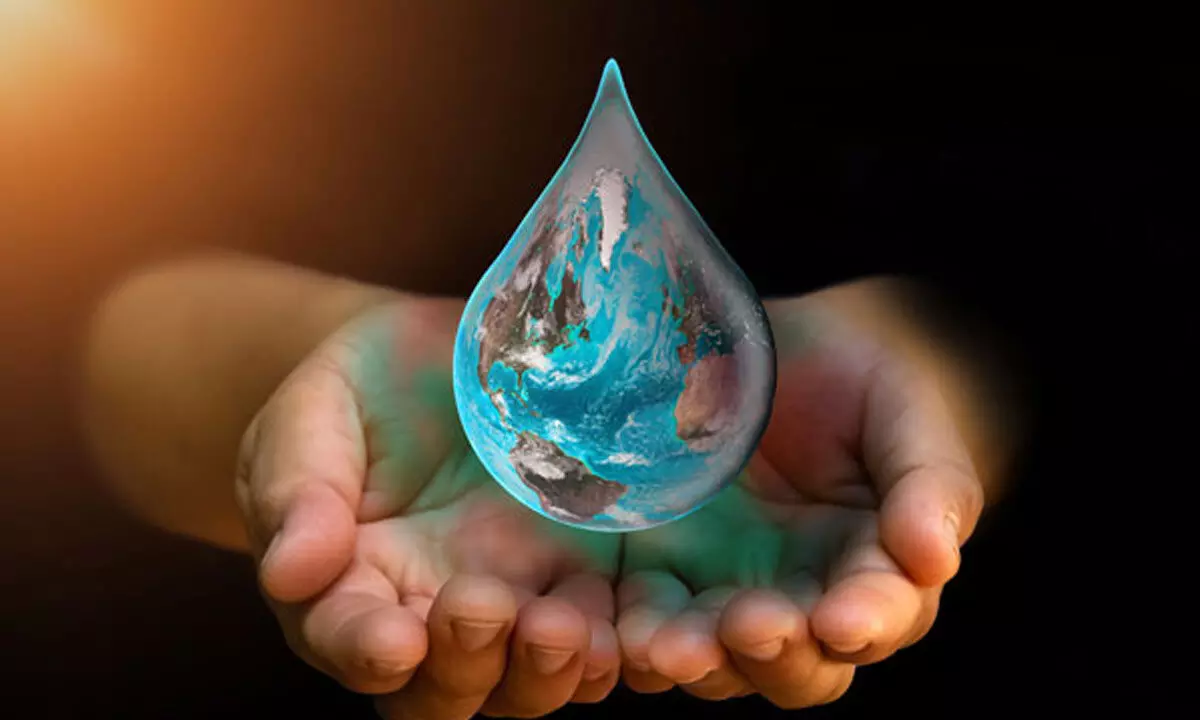Water security yet to draw focus

Water security yet to draw focus
Sometimes it is disappointing to notice that an all important event for the country goes almost unnoticed
Sometimes it is disappointing to notice that an all important event for the country goes almost unnoticed. Our politics and national priorities would never find the same page anytime soon, it seems.
National Mission for Clean Ganga (NMGG) in association with National Institute of Urban Affairs (NIUA) together is organizing DHARA (Driving Holistic Action for Urban Rivers) in Pune. It is a two-day event and is aimed at creating urban water security. This event has strong synergies with the Urban20 (U20) initiative under the ambit of India's G20 Presidency. One of the thrust areas of U20 is ensuring water security. Healthy rivers have a vital role to play in enhancing the overall water security of the cities. A concerted effort is being made at the event to analyse urban river management involving lake and pond rejuvenation, decentralised used-water management, enhancing river-related economy, groundwater management and flood management. Depending on its exigencies, several countries have evolved their own urban river management practices like Denmark, Israel (reused water), Netherlands (floodplain management), the USA (river health monitoring), Japan (pollution control) and Australia (water sensitive cities).
The importance of water cannot be overemphasised. Water conservation has always been a main concern of mankind. Even our ancient religious texts and epics give a good insight into the water storage and conservation systems that prevailed in those days. Over the years rising populations, growing industrialization, and expanding agriculture have pushed up the demand for water. Efforts have been made to collect water by building dams and reservoirs and digging wells; some countries have also tried to recycle and desalinate (remove salts) water.
Water conservation has become the need of the day. The idea of ground water recharging by harvesting rainwater is gaining importance in many cities. If we think we are a highly advanced race, all that we need to do is revisit the Indus Valley Civilization that flourished along the banks of the river Indus and other parts of western and northern India about 5,000 years ago. It had one of the most sophisticated urban water supply and sewage systems in the world. The fact that the people were well- acquainted with hygiene can be seen from the covered drains running beneath the streets of the ruins at both Mohenjodaro and Harappa. Another very good example is the well-planned city of Dholavira, on Khadir Bet, a low plateau in the Rann in Gujarat.
One of the oldest water harvesting systems is found about 130 km from Pune along Naneghat in the Western Ghats. A large number of tanks were cut in the rocks to provide drinking water to tradesmen who used to travel along this ancient trade route. Each fort in the area had its own water harvesting and storage system in the form of rock-cut cisterns, ponds, tanks and wells that are still in use today. A large number of forts like Raigad had tanks that supplied water. Can we say that we have a better system now for conserving water and make it accessible to people in the country? State governments that insist on rainwater harvesting structures are always silent over the inundation of our cities' during monsoons and cyclones. Is it not time to get serious about such issues by setting aside politics?







